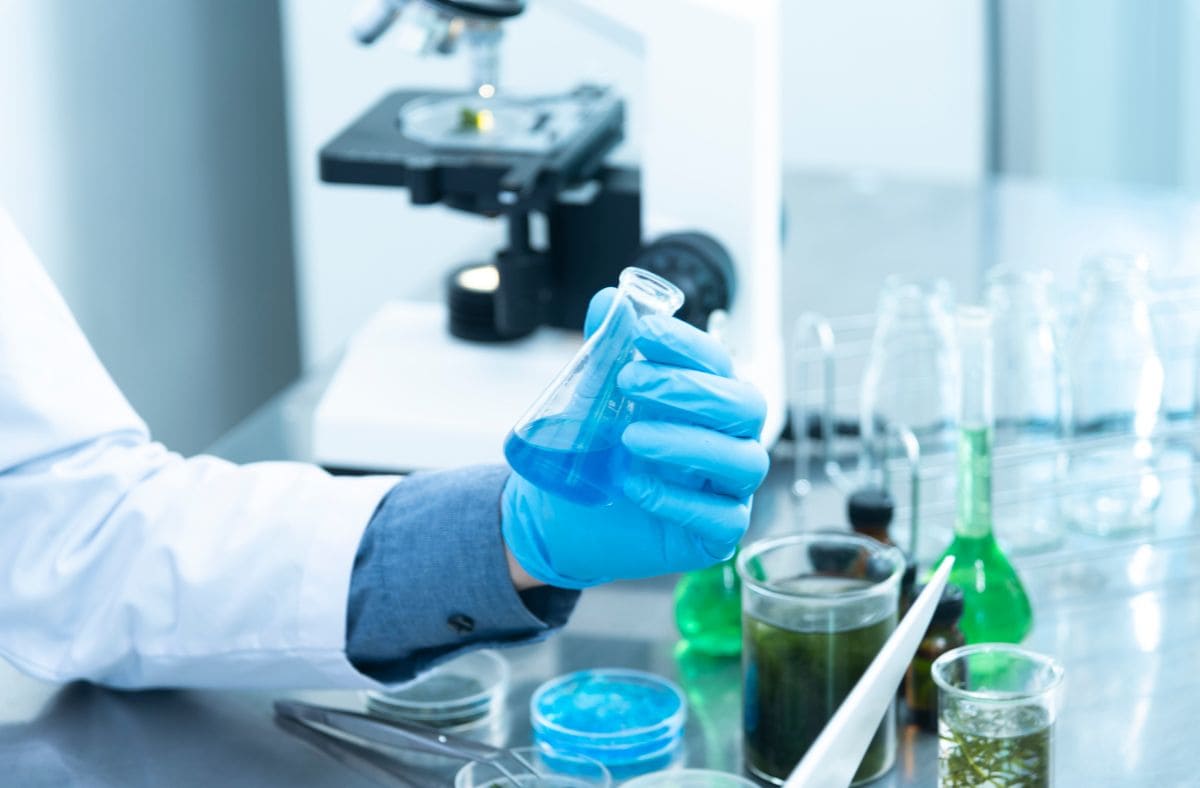Chemical agents or chemicals known as "biocides" are used to eradicate hazardous germs and other living microbes. They are used in a variety of contexts, including industrial operations, water treatment, agriculture, healthcare, and domestic goods, to stop the growth or activity of undesirable biological entities.
Numerous organisms, such as bacteria, viruses, fungus, algae, and insects, can be targeted by biocides. Biocides are primarily used to safeguard materials, goods, or procedures against the harmful impacts of these organisms, assuring efficacy, safety, and hygienic conditions.
It's important to note that while biocides serve valuable purposes, they are subject to regulations to ensure the safety of human health and the environment. Regulatory bodies, such as the European Chemicals Agency (ECHA) and the United States Environmental Protection Agency (EPA), oversee the approval and registration of biocidal products to ensure their effectiveness and safety.
Why choose biocides?
The particular needs and requirements of industries and applications determine the decision to use biocides. Several factors may influence the use of biocides.
Sanitation and Hygiene:
In several industries, biocides are essential for upholding standards of cleanliness and hygienic practices. They aid in managing and eradicating dangerous microbes and stopping the spread of illnesses and infections.
Categories of biocides
Biocides can be categorized based on their intended use and the types of organisms they target. Here are some common categories of biocides:
- Disinfectants:
- Purpose: Used to control or eliminate microorganisms on surfaces, in water, or in the air.
- Applications: Industrial facilities, Healthcare settings, and public spaces.
- Preservatives:
- Purpose: Added to products to prevent the growth of microorganisms, extending the shelf life of items
- Applications: Paints, Cosmetics, personal care products, pharmaceuticals, and certain industrial products.
- Water Treatment Biocides:
- Purpose: Applied to water systems to control the growth of harmful microorganisms and prevent biofouling.
- Applications: Cooling towers, industrial water systems, swimming pools, and water treatment plants.
- Slimicides:
- Purpose: Control the growth of algae and slime-forming microorganisms in various industrial processes.
- Applications: Paper and pulp industry, oil and gas production, and cooling water systems.
- Pesticides:
- Purpose: Target pests such as insects, rodents, fungi, and other unwanted organisms.
- Applications: Agriculture, forestry, public health, and pest control in various settings.
- Antifouling Agents:
- Purpose: Applied to surfaces in marine environments to prevent the attachment and growth of organisms like barnacles and algae.
- Applications: Ship hulls, underwater structures, and marine equipment.
- Wood Preservatives:
- Purpose: Used to protect wood from decay and insect damage.
- Applications: Construction materials, outdoor wood structures, and timber preservation.
- Rodenticides:
- Purpose: Designed to control and eliminate rodent populations.
- Applications: Agriculture, urban pest control, and facilities where rodents pose a threat.


